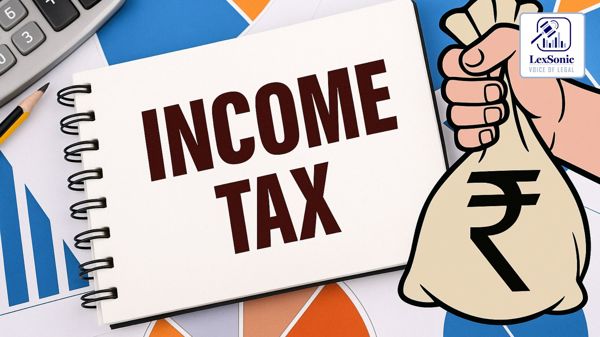Bombay High Court Overturns Penalty on Carona Limited in Income Tax Dispute.
20-June-2025
Income Tax >> Tax Laws
In a significant ruling, the High Court of Judicature at Bombay, presided over by Chief Justice Mr. Alok Aradhe and Justice Mr. Sandeep V. Marne, has set aside a penalty of Rs. 12,82,700/- imposed on M/s. Carona Limited for the Assessment Year 1984-85. The appeal, stemming from Income Tax Appeal No. 512 of 2003, challenged an order by the Income Tax Appellate Tribunal (ITAT) that had reinstated the penalty initially levied by the Assessing Officer under Section 271(1)(c) of the Income Tax Act, 1961.
The dispute originated from Carona Limited's claim for a deduction of Rs. 22,21,123/- in their 1984-85 tax return, representing an additional bonus liability to employees. The company, engaged in footwear manufacturing and sales , had decided to pay an ad-hoc 2% bonus in November 1983, with final settlement occurring in March 1984. Although the actual payment was made in the subsequent accounting year, Carona Limited claimed the deduction in the 1984-85 assessment year, believing the liability had crystallized in the relevant period under the mercantile accounting system.

The Assessing Officer disallowed this claim, adding the amount back to the company's income, citing Section 43B of the I.T. Act, which stipulates that certain deductions, including bonus, are allowable only upon actual payment. The Assessing Officer also initiated penalty proceedings under Section 271(1)(c), concluding that Carona Limited had furnished inaccurate particulars of income.
Carona Limited appealed to the Commissioner of Income Tax (Appeals) [CIT(A)], who sided with the company, ruling that their explanation for the bonus claim was plausible and did not fall under the purview of Section 271(1)(c). However, the Revenue then appealed to the ITAT, which reversed the CIT(A)'s decision and upheld the penalty. This led to Carona Limited's appeal before the Bombay High Court.
The High Court meticulously examined the provisions of Section 271(1)(c), which deals with concealment or furnishing of inaccurate particulars of income. Referring to the Supreme Court's interpretation in Commissioner of Income Tax vs. Reliance Petroproducts Private Limited, the Bombay High Court reiterated that to impose a penalty, there must be either concealment of income or furnishing of inaccurate particulars. The Court emphasized that merely making an incorrect claim in law does not automatically amount to furnishing inaccurate particulars, and the penalty provision must be strictly construed. While acknowledging that mens rea (guilty mind) is not always essential for civil liability under this section, the court stressed that the information provided must be factually incorrect or deliberately misleading.
The High Court distinguished the present case from Commissioner of Income-tax vs. Zoom Communication P. Ltd., a Delhi High Court judgment relied upon by the Revenue. The Bombay High Court noted that the Zoom Communication case involved a clear finding of inaccurate particulars furnished with mala fide intention, which was not present in Carona Limited's case.
Ultimately, the High Court concurred with the CIT(A)'s finding that Carona Limited had made a "bonafide claim" regarding the crystallized bonus liability. The Court concluded that "by no stretch of imagination it can be held that the claim was raised with malafide intention of concealing the income". Therefore, the ingredients of Section 271(1)(c) were not satisfied.
In its decision on June 20, 2025 , the High Court set aside the ITAT's order and confirmed the CIT(A)'s decision, thereby allowing Carona Limited's appeal.
Section 43B, Income Tax Act - 1961
Section 271C, Income Tax Act - 1961
